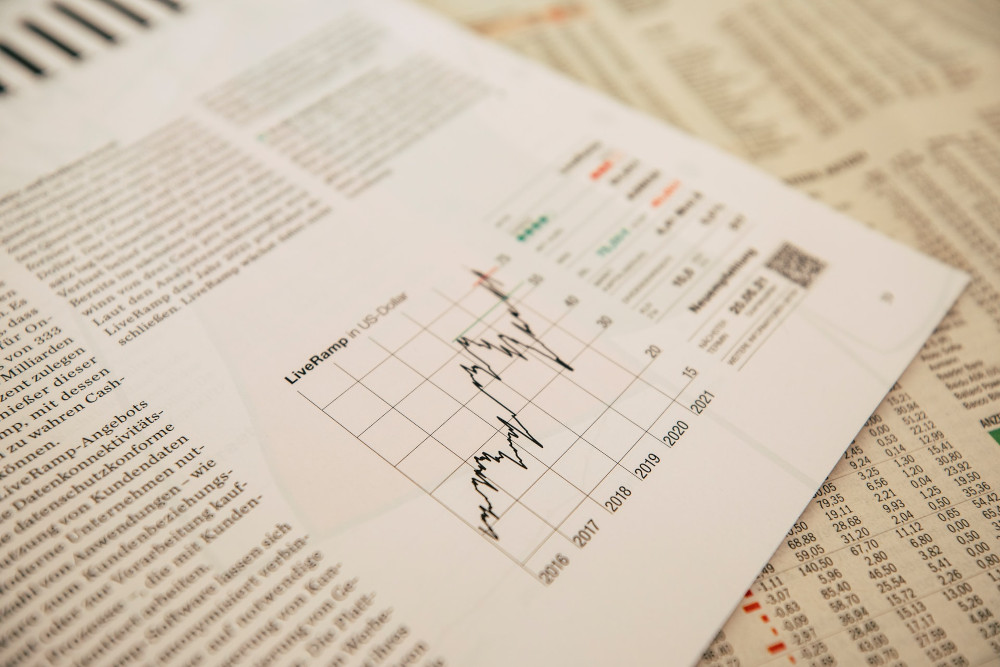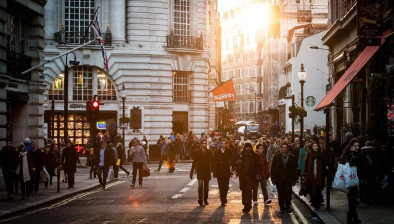December figures suggest potential inflation peak

The consumer prices index rate of inflation has decreased to 10.5% in December from 10.7% in November, according to the latest figures from the Office for National Statistics (ONS).
The rate was slightly lower than the forecast 10.6%, and continues the downward trend from 11.1% in October, suggesting the UK has reached peak inflation.
Alpesh Paleja, the CBI’s lead economist, said: “These figures add to a growing body of evidence that the UK has passed peak inflation. Over the coming year, inflation should fall further towards single digits, as global price pressures ease and an economic downturn takes some of the heat out of price setting.
“Despite this, the cost-of-living crisis will continue to be a very real problem for both households and businesses, as price pressures remain high in the short-term. Against the backdrop of a recession firms will continue to face higher costs and weak demand conditions.
“If the government is going to solve these twin problems, then it needs to continue supporting measures like the Energy Bills Discount Scheme, while enacting a series of pro-growth measures to spur the economy.”
Daniel Casali, chief investment strategist at wealth management firm Evelyn Partners, said: “The Bank of England will welcome softening inflation but for its rate-setters the receding of price pressures has some way to go before they take the foot off the rates pedal, and particularly if growth continues to surprise on the upside and if growing wage demands prove successful.”
Mr Casali continued: “The BoE expects headline CPI inflation essentially to halve to around 5% by the fourth quarter of 2023. Even so, core CPI inflation (excluding food, energy, alcohol and tobacco) could remain fairly sticky.
“The risk to the BoE’s inflation outlook is the potential secondary impact of workers demanding higher wages to keep up with the high cost of living. With the unemployment rate still near cyclical lows, there is a possibility that higher wage rates become entrenched in the economy, increasing the risk of a wage-inflation upward spiral.
“We expect the Bank’s monetary policy committee to raise interest rates again at its next meeting which concludes on 2 February – most probably by 50 basis points to 4.0%.”





